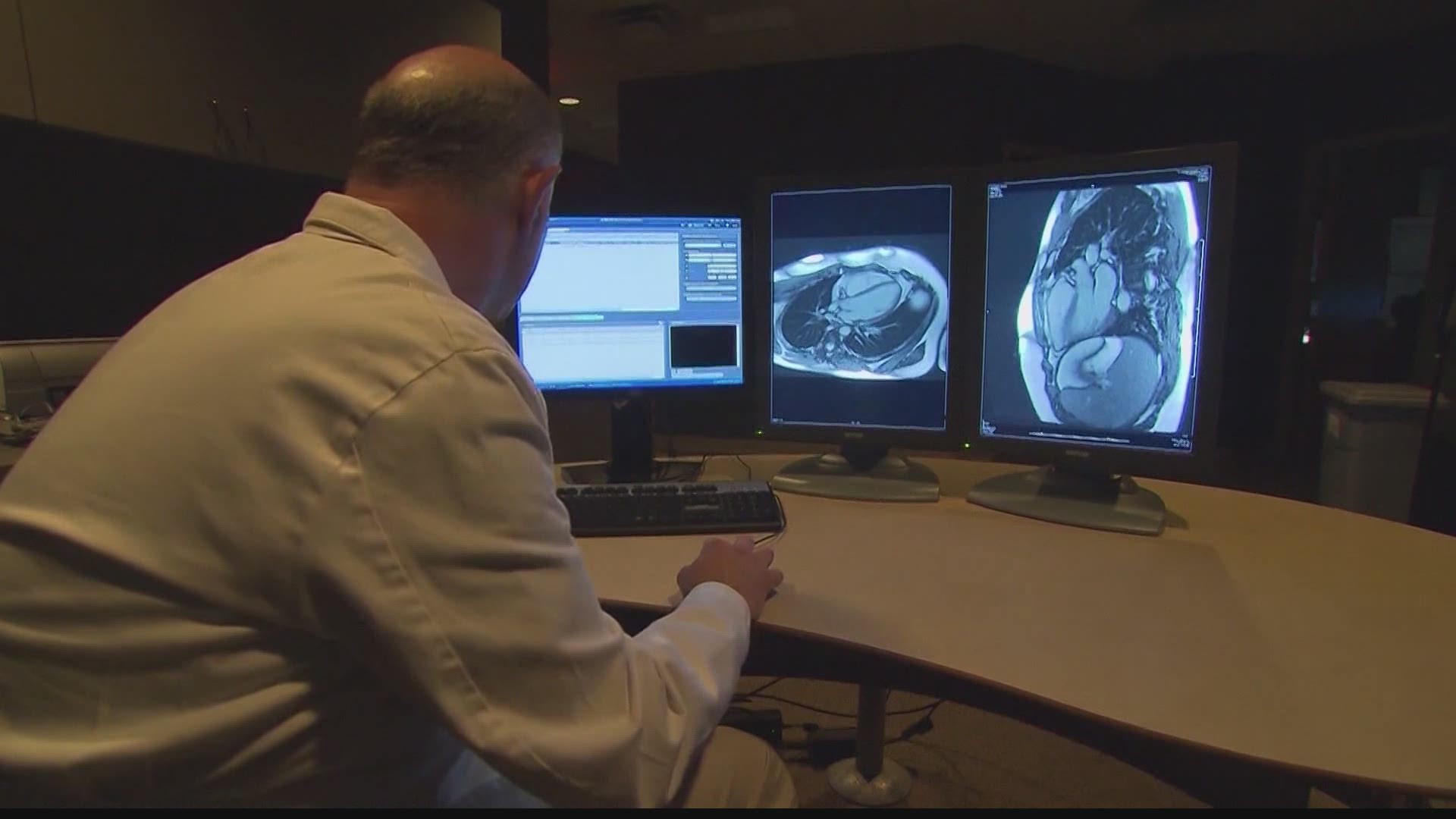HUNTSVILLE, Ala. — February is Heart Month, a time where the nation focuses on cardiovascular health while raising awareness and funds, and with thousands of people still battling COVID-19 in the hospital, heart health is on the minds of many.
"This last year especially we've seen a lot of importance on health outcomes and us being in a pandemic, we realize how important to take care of our health is. Even with the virus, the number one killer for women is heart disease. 1 In 3 women die of heart disease and 80% of that is preventable," said Dr. Sravya Chirumamilla, a cardiologist at Huntsville Hospital.
Both COVID and heart disease tend to affect those who are older but do not discriminate against the young. There is a level of prevention for both though, COVID-19 prevention looks like masks and social distancing while heart disease prevention looks like lifestyle changes.
"If a woman makes it to the age of 50 with less than two risk factors for heart disease, she has an eight percent chance of having heart disease for the rest of her life. If she makes it to 50 with two, she has a fifty percent chance of dying from heart disease. So, the emphasis is on prevention early and to make sure that we can keep those numbers down," said Chirumamilla.
How you live your life can impact your risk for both and certain risk factors pertain to both.
"High blood pressure, high cholesterol, obesity, diet and lack of exercise, sleep apnea, smoking especially, and sometimes alcohol abuse too," said Chirumamilla.
Staying active is one of the best ways to keep your heart healthy. Severe COVID cases are more typical in those who face obesity, it's important to stay as active as possible to protect yourself from both.
"Being as active as you can be, a lot of us have put on the quarantine 15 cause we've been sitting at home for most of the year," said Chirumamilla.
There is still a lot of research to be done for both conditions, heart disease research has been primarily studied through middle-aged men, while COVID has only been around for almost a year now, so although research has been sped up, it's still limited.
"A lot of the times when we, as medical students or residents are taught, we're taught typical symptoms and we tend to think less of the atypical symptoms," said Chirumamilla.
While there is no way to prevent sickness all of the time, remain aware of your health and what you can do to prevent catching covid and falling victim to heart disease.

